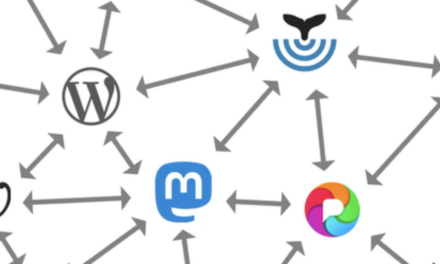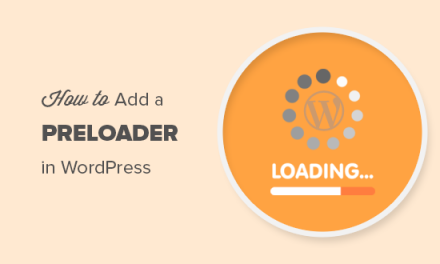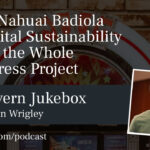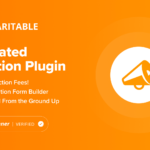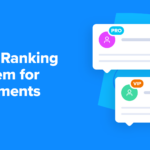WordPress has opened its 2020 Annual Survey, a short set of questions designed to collect more information on how different groups of people are using the software. It takes approximately 5 minutes to complete and all data is anonymized.
WordPress Executive Director Josepha Haden Chomphosy said she uses the results from the survey to inform her plans and recommendations all year long. In addition to providing valuable information for WordPress’ leadership, the results will also be shared with the wider community.
The Community Team has prepared a report with results from the 2015 and 2019 surveys, which had not been previously published. The 2019 results are summarized in a set of Google slides and are also available as a PDF or PPT.
Despite 2019 being the first year that the survey was translated into five different languages, it only received 6,203 respondents, as compared to nearly 46,000 in 2015. The highest number of responses came from Europe (62%) and Asia (12%), while North American engagement has declined drastically to just 10%. Unchanged from previous years, most WordPress users identify as male (79%).
2019 NPS Results: Detractors are Steadily Shrinking
The 164-page report has a lot of information to digest but one of the highlights is the Net Promoter Score (NPS). It is a loyalty metric derived from users’ responses to the question of how likely they are to recommend WordPress to friends, colleagues, or clients. It provides an informal measurement of user satisfaction or perception.
WordPress’ 2019 NPS was 54, an increase from previous scores of 50 and 52. Promoters remain static while Detractors are steadily shrinking. This score, however, is skewed towards representing those who have a favorable enough opinion of WordPress to take the time to respond to the survey. The software’s truest detractors have likely already moved on to following other tech communities and may be underrepresented in the NPS score.

More than 75% of respondents have been using WordPress for three years or more. Results indicated the project’s open source community is an important driver for why people use the software:
“Nearly six-in-ten (59%) of survey respondents choose WordPress because it’s what they know best. Half (50%) say they enjoy its open source community. Nearly half (48%) say WordPress has the features they need.”
This indicates that the WordPress community provides a factor of “stickiness” equal to that of the features the software offers. Improving and maintaining a healthy community is an important consideration for user retention, since a user sticking with WordPress is just as important as attracting new users.
CMS Usage on the Rise Among Professionals, Blogging Is Declining
The 2019 survey found that 76% of professionals are using WordPress as a CMS, with slightly higher numbers (79%) for the WordPress Company Pros segment (those who work for a company that designs/develops websites). Blogging usage among professionals is consistently declining.

In the segment of respondents reporting as Users, blogging is also on the decline, with 49% using WordPress as a personal blog in 2019 vs. 63% in previous years (2015-2017).
WordPress Professionals Slow to Adopt the Block Editor
One noteworthy section in the 2019 results includes data on block editor adoption. When asked “Which editor do you currently use?”, 53% of respondents who identified as professionals said they are using the Classic Editor. This indicates the block editor is still finding its footing among professionals. An increasing percentage of these professionals are also self-employed (44% in 2019 vs 36% in 2016).
Another question asked, “Have you or your team built blocks for the new editor?” Less than half of those using the new editor confirmed they have new blocks added for using it, and 17% were not sure. If more than half of professionals have yet to adopt the new editor, it seems the market for block-based products has a great deal of room to grow.
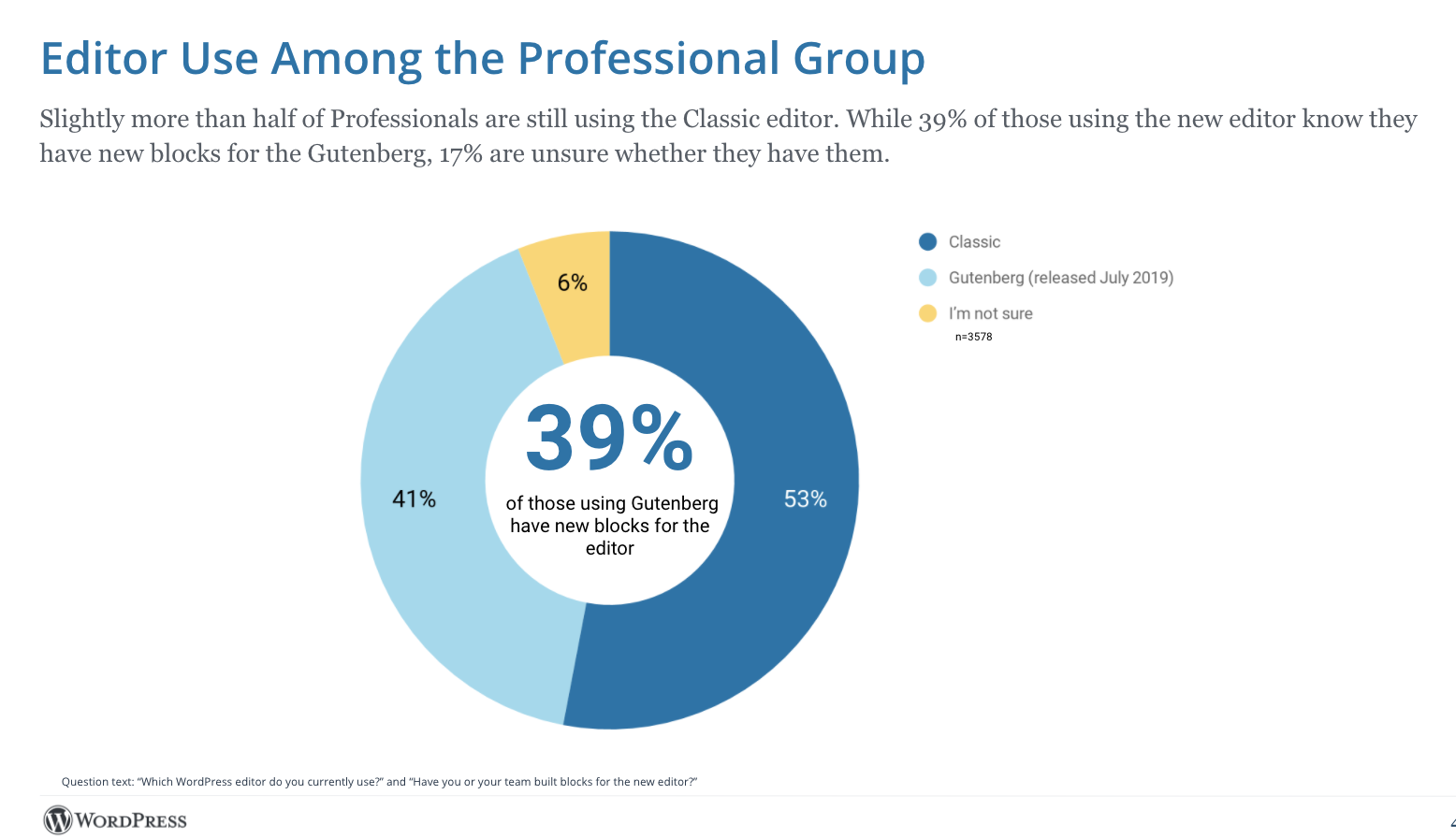
Block editor adoption among Users could be as low as 36% or as high as 56%, but a large portion of users (20%) are unsure which editor they are using. This is not a bad thing, as most new users will have no prior knowledge of the Classic editor. Results from the 2020 survey should be useful for tracking adoption of the block editor over a longer period of time since its debut in WordPress 5.0 (2018.)
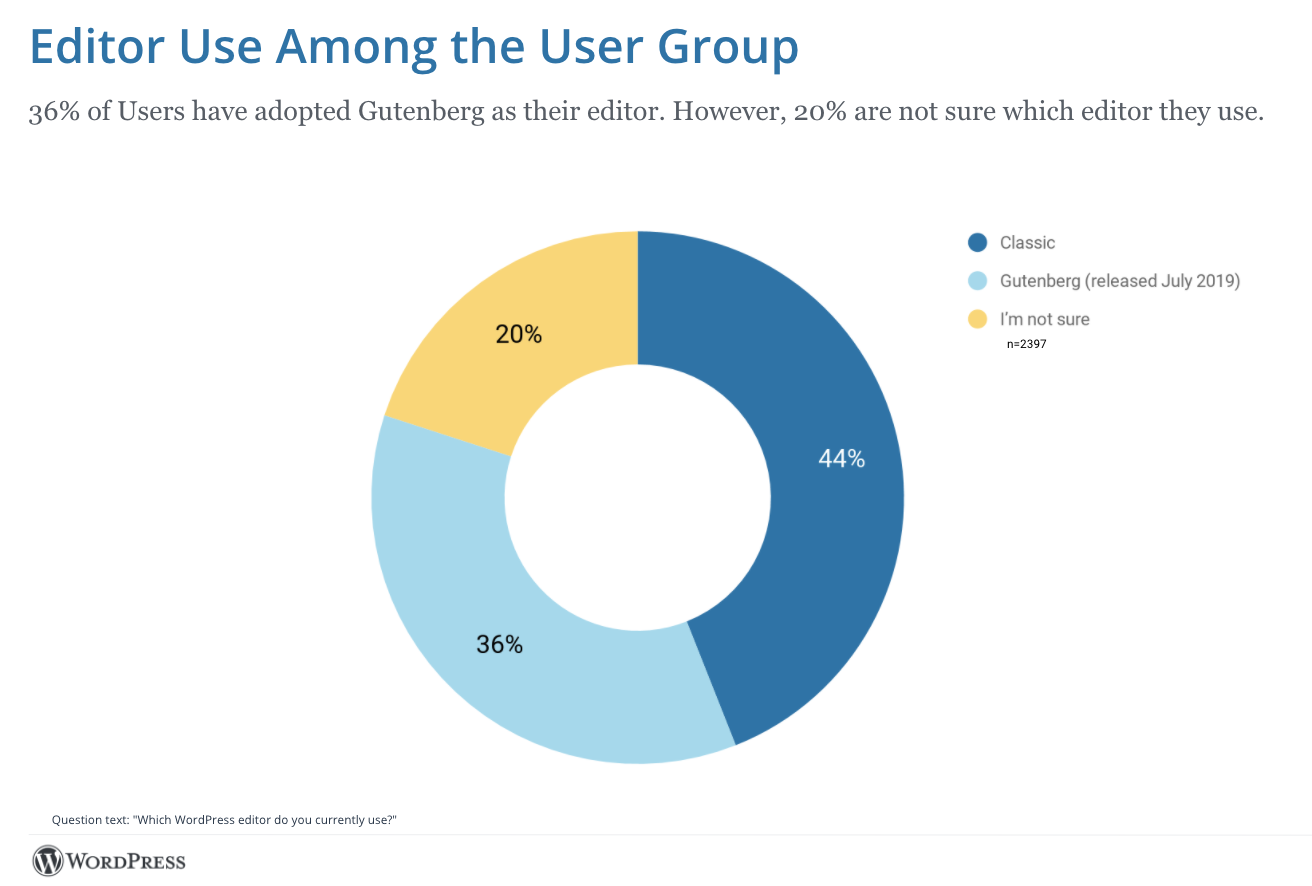
Attendance at WordPress community events, such as meetups and WordCamps, seemed to be on the rise, as well as submitting bug reports and contributing to documentation. However, 2019 saw a sharp decline in the percentage of those who report having created their own theme (61% to 42%) or plugin (50% to 38%), when compared with previous years. The percentage of core contributors (5%) has remained steady. This might mean that creating themes and plugins is becoming more difficult or less rewarding, or perhaps the survey attracted more of a different type of user than it did in previous years. There are any number of explanations but this may be a trend to continue watching.
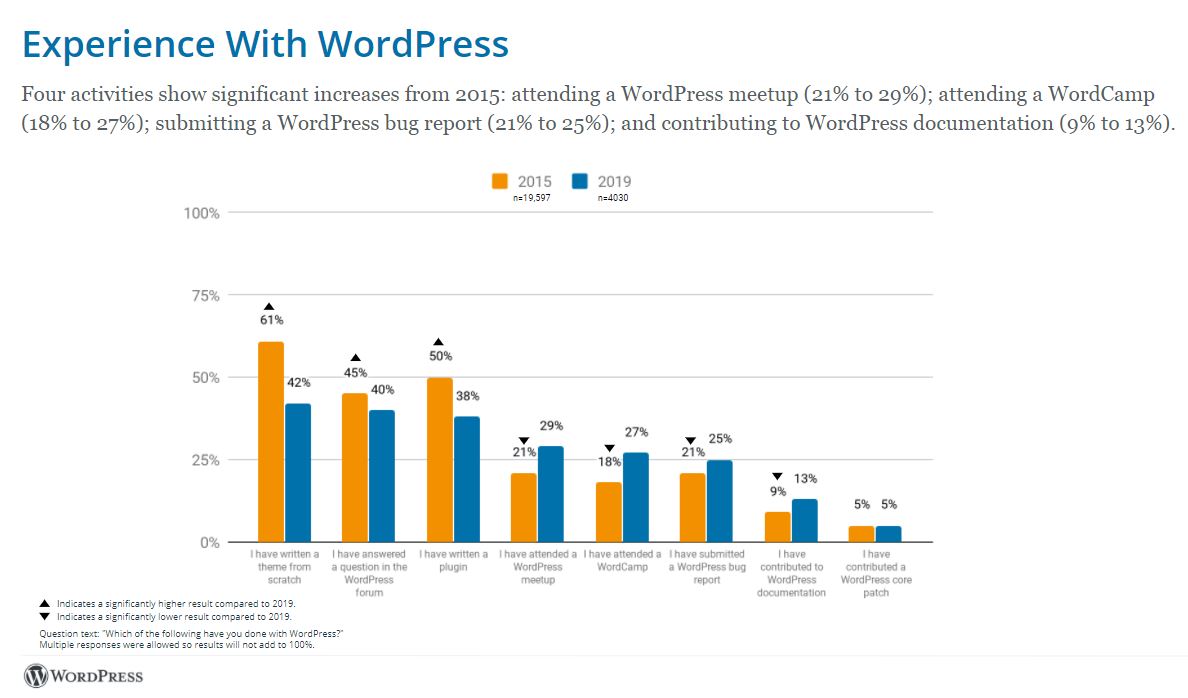
WordPress Users Remain Uneasy about Auto-Updates, Positive Sentiment is Declining
In light of the incident last week where WordPress’ auto-update system misfired, updating live sites to an alpha version, the survey includes valuable data about how users are feeling about this feature. The data from 2019 indicates that positive sentiments regarding auto-updates were already on the decline since 2015.

Those reporting that they loved auto-updates declined from 41% to 35%. The percentage of those who would like to see auto-updates for major releases of WordPress declined from 24% to 15%. Positive sentiment regarding theme and plugin auto-updates also decreased. Meanwhile, awareness of auto-updates increased in 2019, and slightly more users reported the feature makes them nervous or that they hate it.
These are just a few major highlights from the 2019 survey results, but the report includes much more detailed data regarding contributor satisfaction, time spent contributing, contributors’ experiences, and other topics. Check out all the summaries in the Google docs presentation, and make sure to take the 2020 survey to improve the representation of WordPress users this year.



